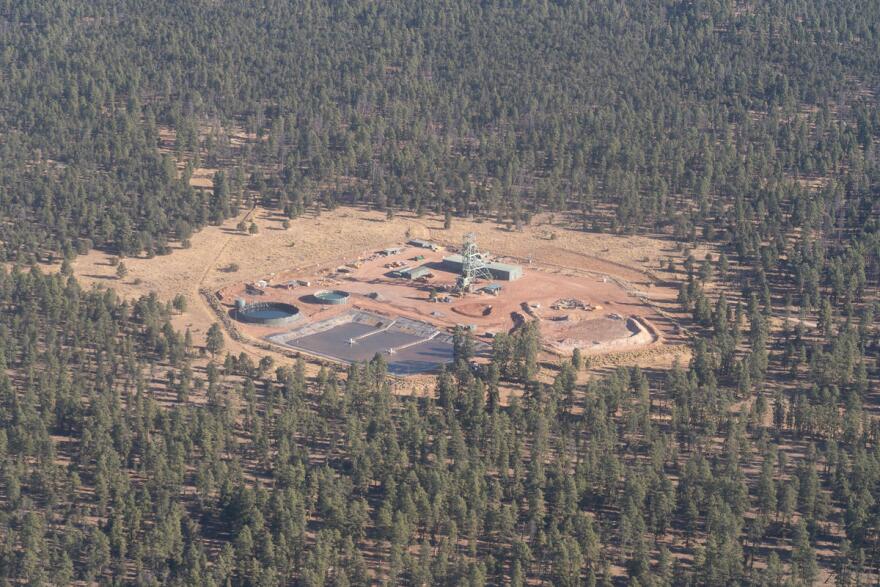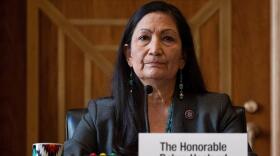The U.S. House of Representatives recently passed a conservation package that includes a bill to ban new uranium mining claims on more than a million acres near Grand Canyon National Park. Proponents have long argued uranium extraction threatens the canyon’s watershed and environment along with the public health of the Navajo, Hopi and Havasupai tribes. Democratic Arizona Congressman Raúl Grijalva has spearheaded several attempts to make federal protections permanent near the park. He spoke with KNAU’s Ryan Heinsius about the newest bill and the legacy of uranium mining.
Ryan Heinsius: This bill has obviously been introduced several times before, but with a different partisan makeup of Congress and in the White House, do you think it has the support to be signed into law?
Rep. Raúl Grijalva: We had 10 or 11 Republican colleagues that voted for the legislation, which is, in these times, is about as bipartisan as you can get in the House of Representatives. So that bill along with seven others, land bills, passed. It now goes over to the Senate. But I think there’s a general willingness to move it forward. We have a valuable resource, the Colorado River, an environmental icon, the Grand Canyon, and less than 1% of any minable uranium exists around the Grand Canyon. So the equation to me is, are we going to risk water availability, are we going to risk the Grand Canyon and conservation and the watershed of the Grand Canyon for less than 1% of available uranium deposits in the continental United States?
RH: The legacy of uranium mining in northern Arizona is often associated with health problems for tribal members and more than 500 abandoned uranium mines. Could this act be a turning point in what many people see as a major public health threat?
RG: I really hope so. I hope there’s a couple of precedents here. Particularly Navajo and to some extent the Hopi, the contamination that they suffered both water, land, the cleanup that is still ongoing 50 years later, and the list goes on. And then the health effects, prenatal and natal health effects that have occurred on the Navajo Nation, particularly the Navajo people having suffered I think the most out of the health consequences of it all. Those are all there, that’s the legacy, and I think that this is an opportunity to take mining – we’re not going to stop mining, but you’re going to bring mining into the 21st century, where they have to meet the parameters of study, analysis, science in order to assure the public that that is indeed something that is not going to cause more detrimental harm to an area or to a people and I hope this is a turning of a corner.
RH: Will there be economic consequences if this bill becomes law?
RG: If you look at the number of jobs that we’re talking about in this particular uranium extraction industry, it is minimal compared to what ecotourism is doing in that general area up in northern Arizona, what visitorship is doing to the revenue of those communities and what tax generation is doing to those areas. You have to look at the whole picture and what’s more sustainable: a 25-year-old mine or a Grand Canyon in perpetuity that will continue to provide economic development and jobs for a community from here on.
RH: Supporters of protections at the Grand Canyon point to polling that shows pretty broad support. What’s the biggest impediment for this to become law if it’s so popular with the public?
RG: I think the toughest, the toughest is the pressure that fossil fuel industry and the mining industry place on individual members of Congress and senators – tremendous pressure. They’re contributors to campaigns, they participate in PACs, they’re big givers and as such have an outsized influence as to how things go there in Washington and how they go to some extent in our state Legislature. That is the biggest obstacle and that is the most powerful opponent that we have on permanent protections for the Grand Canyon, no question about it. This is not an effort to end economic development, to threaten national security, to create a land grab. On the contrary. This is something that the American people and certainly the people of Arizona support.








